Articles
How to Sleep Lighter
 August 21st, 2024
August 21st, 2024
Achieve lighter sleep with power naps, sleep environment adjustments, and tools like noise machines and sleep trackers.
Can Trauma Cause Sleep Apnea?
 August 21st, 2024
August 21st, 2024
Trauma, especially PTSD, is linked to sleep disorders like sleep apnea. Managing both may require CPAP therapy, psychological treatments, and lifestyle changes.
Sleep Apnea and Alzheimer's
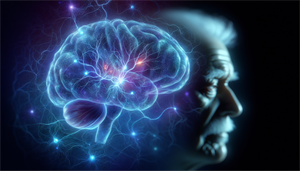 August 21st, 2024
August 21st, 2024
Sleep apnea, linked to cognitive decline and Alzheimer’s, can be managed with CPAP therapy and lifestyle changes for better brain health.
Can Sleep Apnea Cause Bed Wetting?
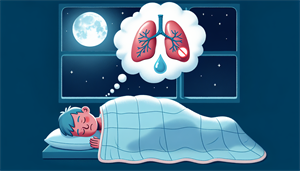 August 21st, 2024
August 21st, 2024
Sleep apnea, especially OSA, can lead to bed wetting in both children and adults. Treatments include adenotonsillectomy, CPAP therapy, and lifestyle changes.
Sleep Apnea and Cancer
 August 21st, 2024
August 21st, 2024
Sleep apnea increases cancer risk due to hypoxia. Treatment involves CPAP therapy and lifestyle modifications.
Can Sleep Apnea Cause Dark Circles Under Eyes?
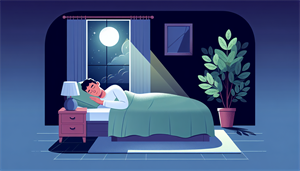 August 21st, 2024
August 21st, 2024
Sleep apnea causes dark circles due to disrupted sleep; treating it with CPAP and lifestyle adjustments can help.
Can Sleep Apnea Cause Tremors?
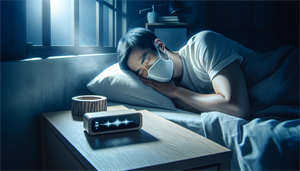 August 21st, 2024
August 21st, 2024
Nose whistling, often due to nasal blockages, can be managed with hygiene practices, allergy treatments, or surgery for severe cases.
Why Is My Nose Whistling?
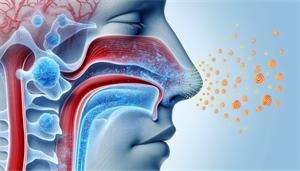 August 21st, 2024
August 21st, 2024
Nose whistling, often due to nasal blockages, can be managed with hygiene practices, allergy treatments, or surgery for severe cases.
Can Mold Cause Sleep Apnea?
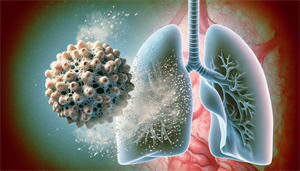 August 21st, 2024
August 21st, 2024
Mold exposure may lead to sleep apnea due to inflammation and respiratory problems, highlighting the need for a mold-free environment.
Can Melatonin Cause Sleep Apnea?
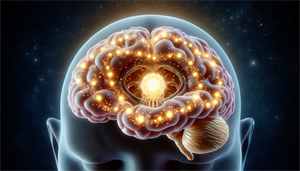 August 21st, 2024
August 21st, 2024
Melatonin helps signal sleep but may worsen sleep apnea by relaxing throat muscles. Alternatives include lifestyle changes and CPAP therapy for symptom relief.